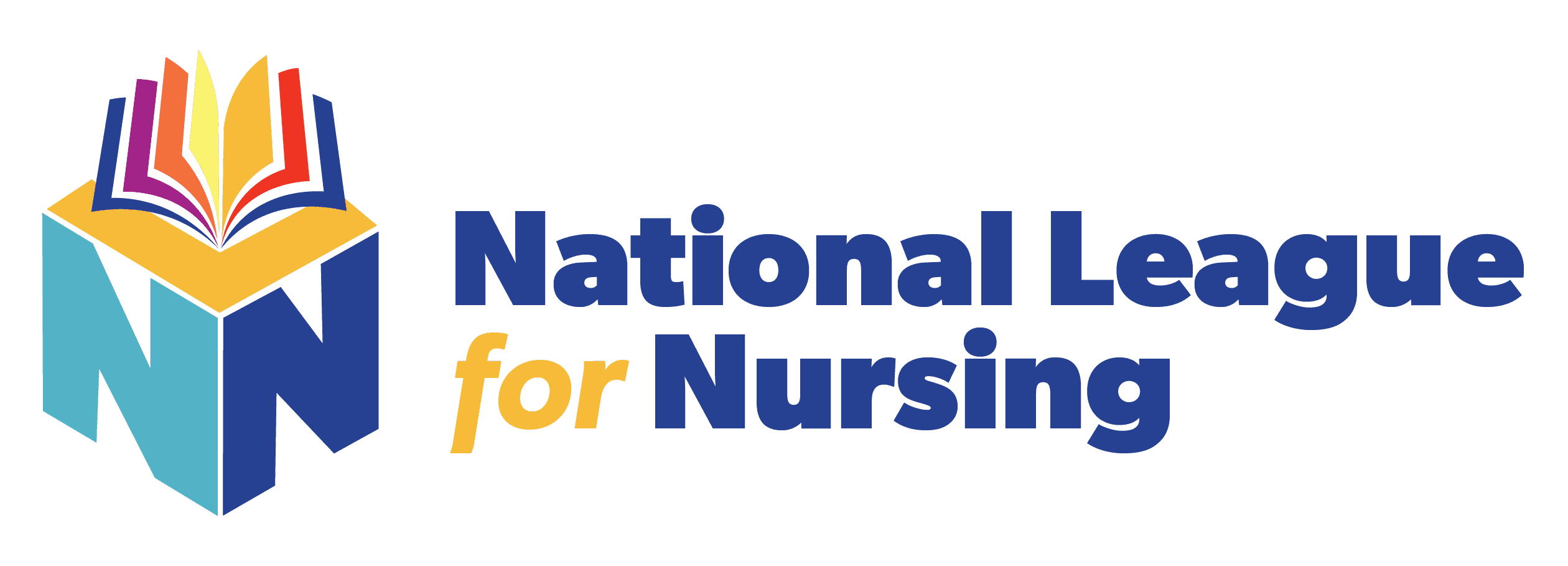NLN Statement on Ebola and Nursing
FOR IMMEDIATE RELEASE
Washington, DC, October 17, 2014 — News that two nurses in Dallas have been infected with the deadly Ebola virus highlights the need to prepare a nurse workforce with the skills and competency to meet unforeseen challenges and emergencies here in the US and across the globe. While the world is understandably focused on the appropriate protocols and protective gear for health care workers, the critical role of nursing education must also be considered.
As the premier membership association for nurse educators and schools of nursing, the National League for Nursing endorses the need to co-create partnerships between academic and clinical practice to strengthen the educational foundation for providing safe, effective quality care.
Nursing education can assist through the following:
- Quality and Safety Education for Nurses (QSEN), a movement designed to elevate standards of asepsis, medication administration, and team-based care (inter-professional collaboration), incorporates infection control throughout the curricula in schools of nursing.
- Disaster preparedness instruction must become more widespread within schools of nursing; those that do offer courses have become adept at holding campus-wide drills for responding to natural disasters, such as hurricanes and tornados.
- Simulation, used extensively in nursing education, is a useful tool in preparing nursing school students/graduates to work with patients with unique health conditions. Through simulation, faculty can create "just-in-time scenarios" that integrate national standards of care, for example, quality and safety and infection control protocols.
Said NLN CEO Beverly Malone, PhD, RN, FAAN, "We have trust in our nurses. Education, training, and equipment prepare nurses for the challenges we face but do not eliminate the risk. The nurses in Texas and Madrid and those in West Africa are our heroes."
Editors/Reporters: For interview opportunities, please contact Karen R. Klestzick, chief communications officer at the NLN, at 202-909-2483 or kklestzick@nln.org.
Dedicated to excellence in nursing, the National League for Nursing is the premier organization for nurse faculty and leaders in nursing education. The NLN offers professional development, networking opportunities, testing services, nursing research grants, and public policy initiatives to its 40,000 individual and 1,200 institutional members. NLN members represent nursing education programs across the spectrum of higher education, and health care organizations and agencies.
